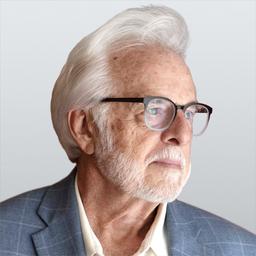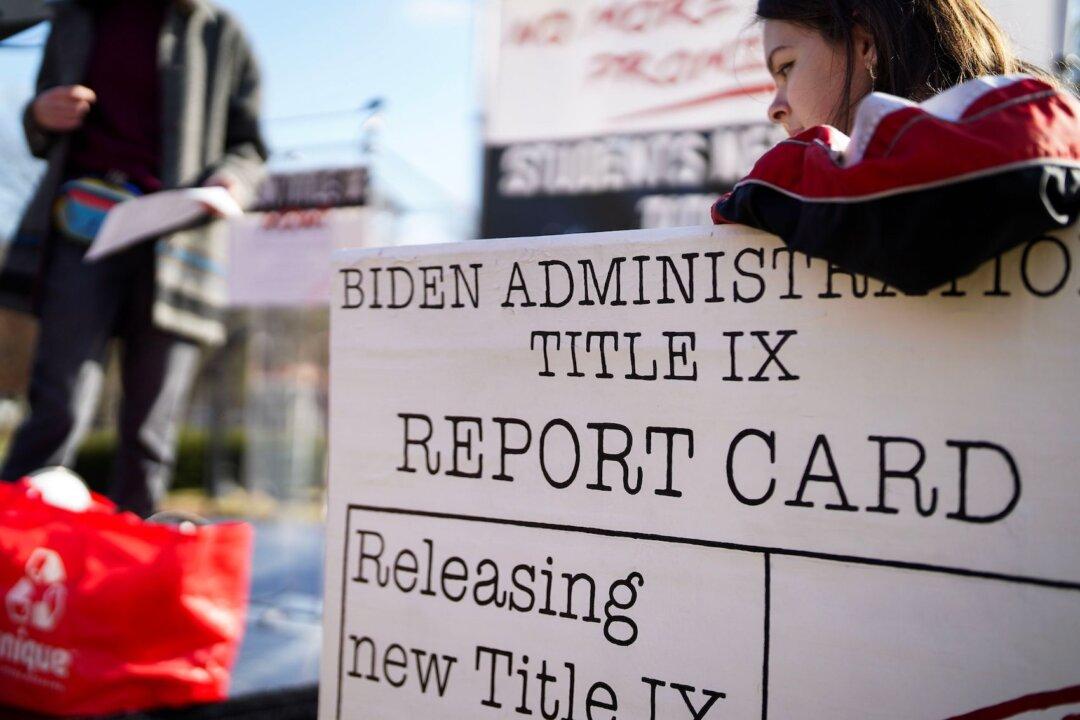Commentary
“Oppenheimer” is the best film Hollywood has produced since “The Godfather.” The movie brilliantly recounts how the theoretical physicist and genius J. Robert Oppenheimer led the urgent U.S. effort to develop the atomic bomb during World War II that culminated in the obliteration of Hiroshima and Nagasaki and inducted the world into the Atomic Age.





